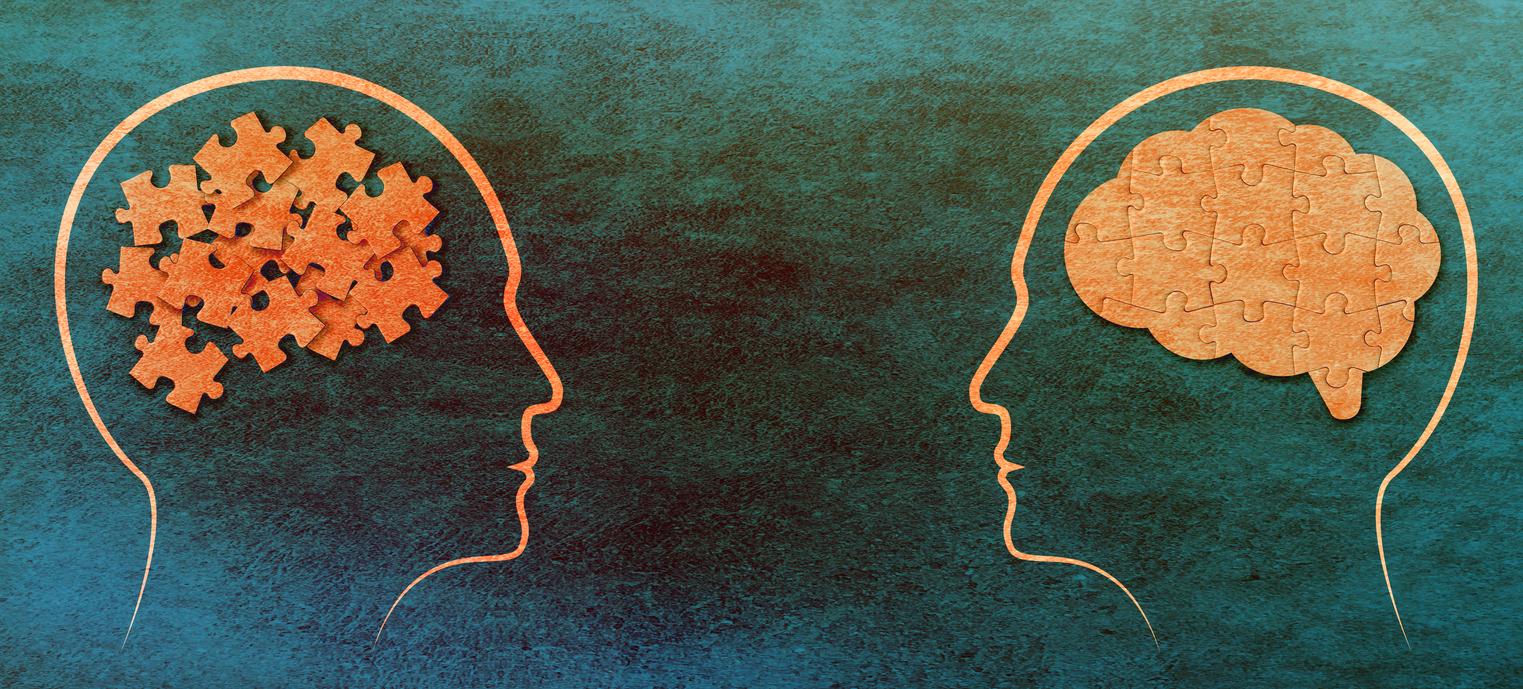In middle-aged and older adults, engaging in physical activity may benefit day-to-day cognitive performance.

- The WHO recommends that adults get 30 minutes of physical activity at least 5 days a week.
- Among seniors, regular physical activity maintains cognitive performance, but also reduces the risk of overweight, high blood pressure, cardiovascular disease and falls.
For middle-aged and seniors, exercise isn’t just a way to maintain cardiovascular health and break isolation. It is also a great booster of their brain functions!
This is demonstrated by a new study conducted by researchers at the University of California, San Diego, whose research adds to that already linking physical activity to cognitive performance. In this new work, published in JMIR mHealth and uHealththey demonstrate that there is a strong correlation between physical activity and cognitive performance.
Improved cognition
The study involved 90 middle-aged and older subjects (50 to 74 years old) who wore accelerometers when physically active. They also performed mobile cognitive tests at home.
Researchers found that on days when their physical activity increased, participants performed an executive function task more effectively. Conversely, on days when their physical activity decreased, their cognitive performance also decreased.
“It was a very linear relationship, analysis Raeanne Moore, principal researcher of the study. We hypothesized that we would find this, but we couldn’t be sure because we weren’t telling people to increase their physical activity. They just did what they do every day.”
According to Zvinka Zlatar, the first author of the work, future interventions in which participants are asked to increase their physical activity will determine whether this physical activity does in fact lead to positive effects on cognition.
A particularly beneficial effect in dependent people
This correlation between physical activity and cognition remained when adjustments were made for various comorbidities, such as HIV status, age, gender, education, and race. But it only held true for dependent people – that is, people who rely on others to do the tasks of daily living, like managing household activities or paying bills.
“For these people, physical activity may have a greater beneficial effect on everyday cognitive performance, in the real world”says Raeanne Moore.
In addition, the researchers explain that they still do not know at this stage of their research whether “These small daily fluctuations in cognition have a long-term cumulative effect”. “This is something we plan to study next – to see if engaging in physical activity at different intensities over time, in an unsupervised setting, can produce long-term improvements in brain health. and lasting behavior change.concludes Zvinka Zlatar.
.

















